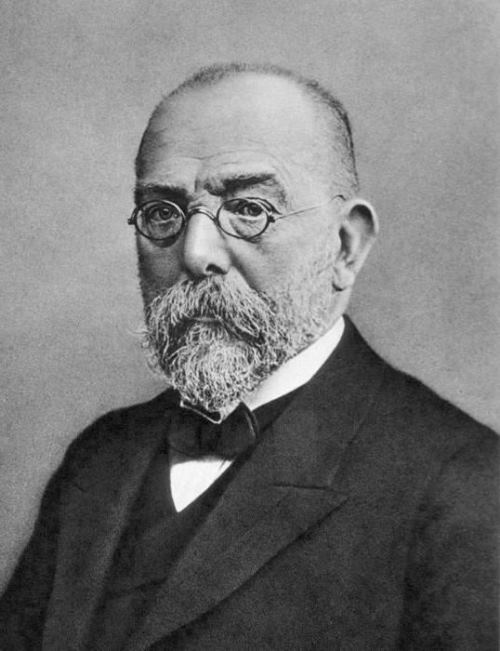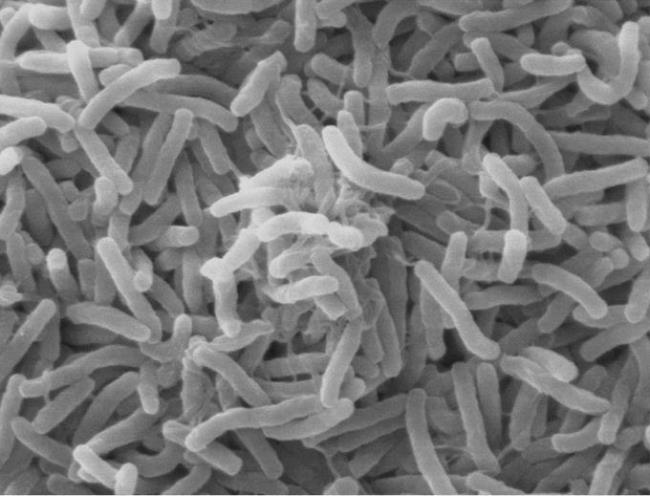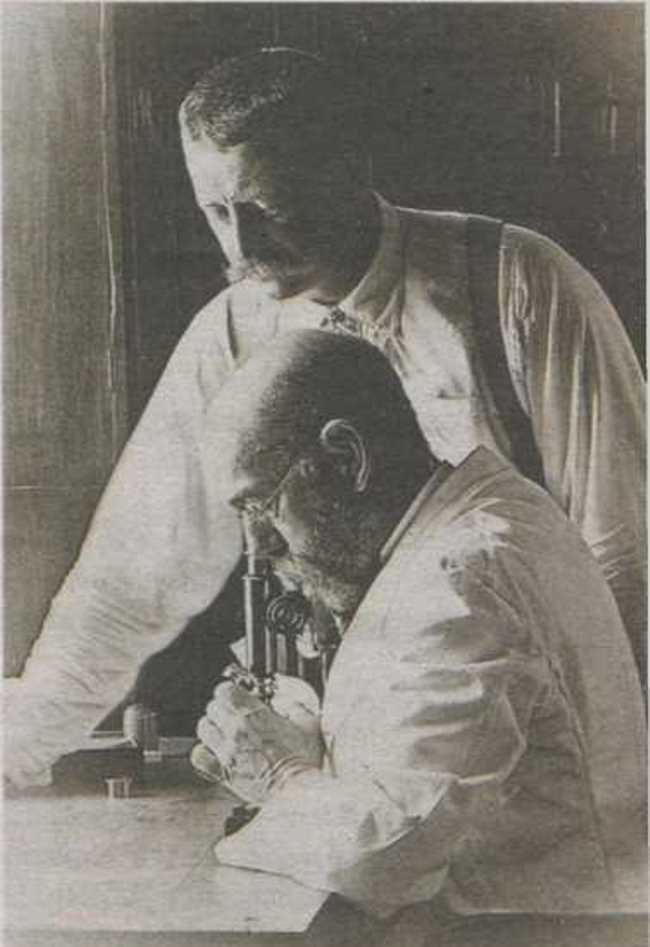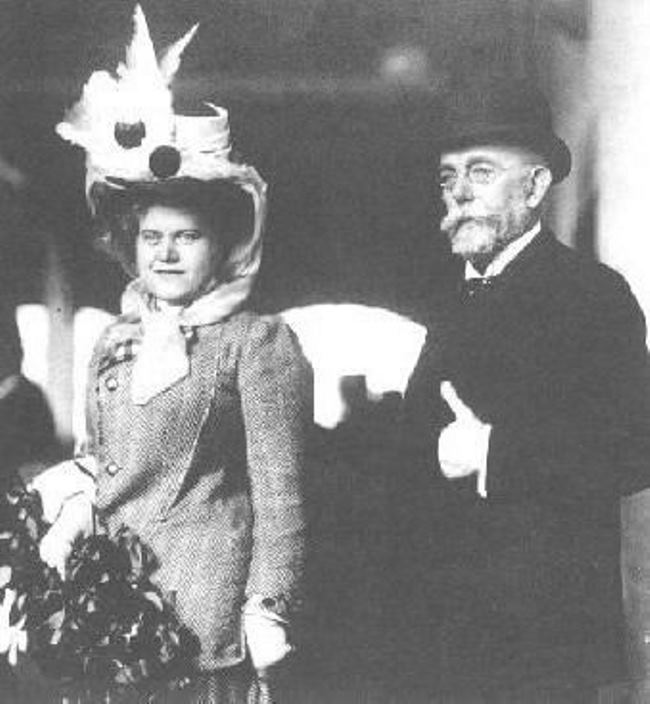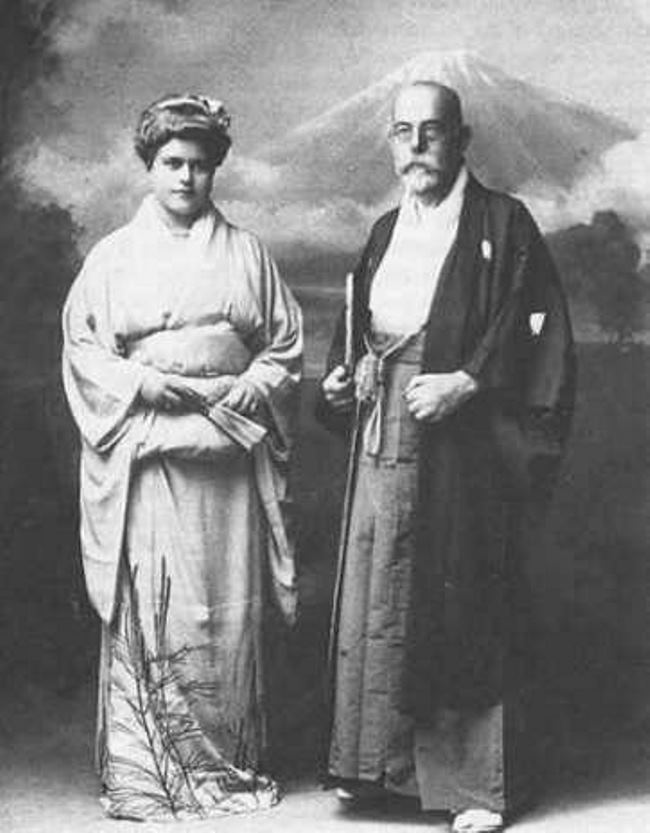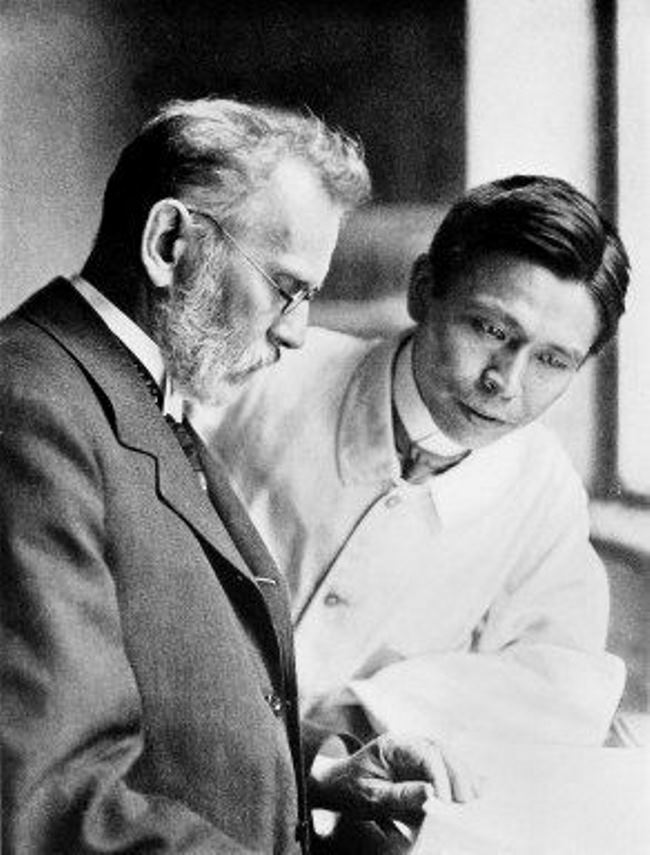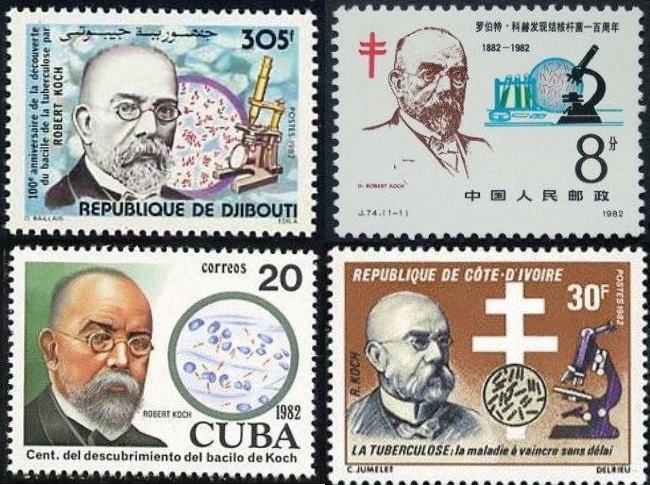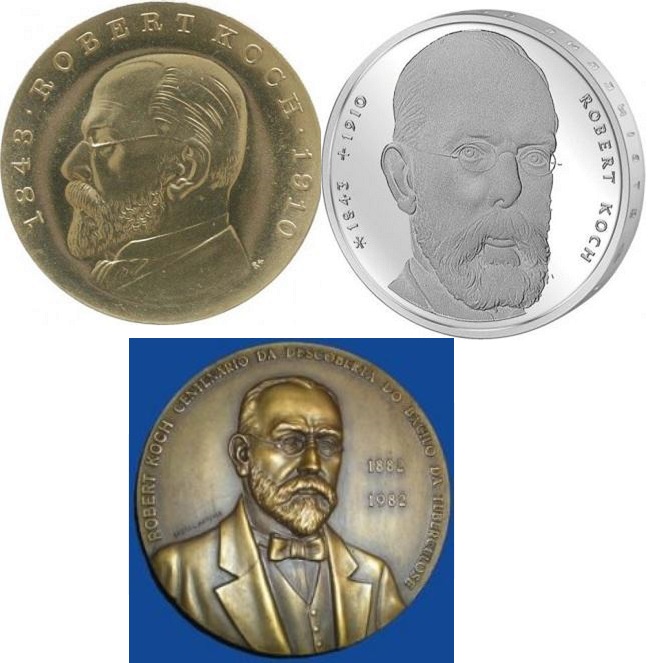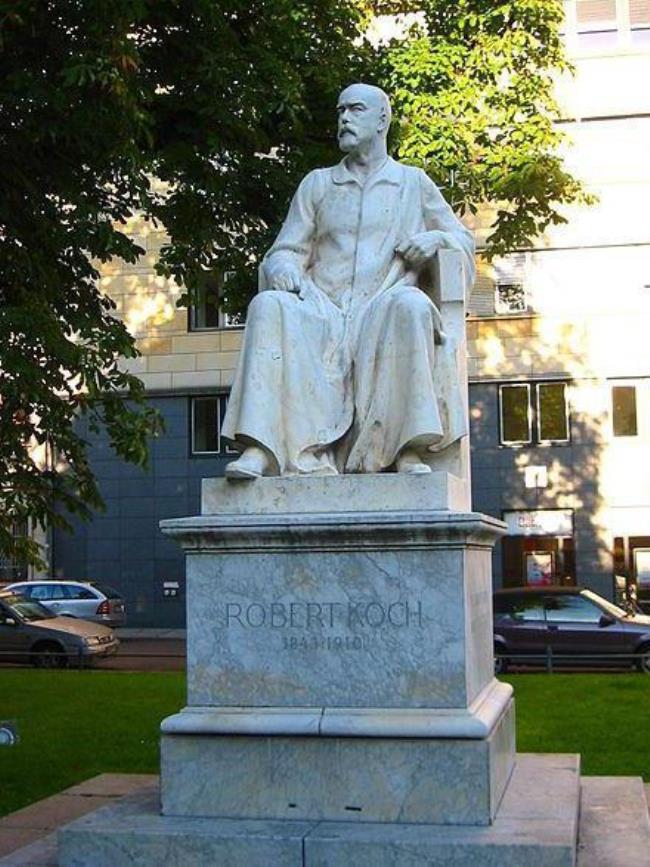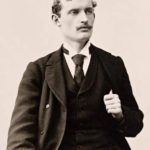Robert Koch – German bacteriologist
Ebola pandemic. Flashing outbreaks of “animal” flu. The massive spread of the “plague of the XXI century” – AIDS. Pharmaceutical companies report on the creation of the next “miracle vaccines” against these misfortunes. But unfortunately…
All kinds of “pioneers” of panacea for monstrous diseases earn billions from their highly controversial vaccines. But at the same time they like to refer in every possible way to the great forerunner – the “disinterested” Robert Koch, the Nobel laureate and the “conqueror of tuberculosis”.
Heinrich Hermann Robert Koch was rightly considered the head of European microbiologists. A simple rural doctor, he had passion for scientific research. Working in a primitive rural laboratory, Koch developed a number of new methods in the study of microbes. In 1871, his wife gave Robert a microscope for his birthday, and since then he spent all days at the device examining various tissues … In 1890, Koch invented tuberculin – a drug designed for mass tuberculin diagnostics in the form of a Mantoux test. His whole life is an example of the asceticism of a scientist who has treated people in different countries of the world.
Let’s see how such “reliable information” corresponds to the facts. Facts that are known in narrow scientific circles …
The most important fact: widespread tuberculin, used for diagnostic, and “Koch’s tuberculin” correspond to each other to the same extent as the surgeon’s scalpel and the butcher’s knife. The future Nobel laureate in physiology and medicine planned to use his tuberculin as a medicine. Panacea for tuberculosis. According to the memories of the famous German hygienist Alfred Grotjahn Koch believed that his tuberculin would not fight the disease, but cause necrosis of the affected tissues. Grotjahn recalled how Koch arrived with his “panacea” in the Greifswald clinic, where he had an honorable meeting. Soon it became clear that patients died from injections. His tuberculin not only did not contribute to the healing of patients, but also sometimes activated latent tuberculosis bacteria in their organisms.
During the Greifswald scandal Koch was asked to declassify the composition of his “panacea”. So, as the German medical historian Christoph Gradmann points out, Koch could not clearly answer what was contained in his tuberculin. He did not know this (!).
It turned out that the authorities allowed testing of a drug of unknown properties. The fact is that in Germany, preliminary testing of new medicines on volunteers was not necessary. It was believed that it was enough to test the drug on, say, guinea pigs (as Koch stated about this).
A simple rural scientist who worked in a primitive laboratory, in fact, received the full funding of his scientific research from the German state. Koch demanded the Ministry of Education and Religious Affairs establish a personal institution of his own name and funding of DM 4.5 million per year. However, in May 1891 the German Chamber of Deputies was opposed this.
All of the above together led to the fact that the Minister of Education preferred to send the “genius” away from the furious deputies and Germany, where the press talked about “tuberculin fraud.” Well, the scientist went to Egypt, which was under British rule in those years.
In Egypt patients of the German doctor died one after another. The highly toxic dangerous “drugs” in the very “best” case brought patients to complete blindness, without curing tuberculosis.
On May 27, 1910, Koch died of a heart attack in the resort of Baden-Baden.
However, humanity really should be grateful to Robert for the very idea of tuberculin. In addition, Koch’s merit is that a law has been introduced in Germany since 1900: patients who are supposed to test a new drug have the right to know what is in its composition and must give written consent to use the medicine. To tell the truth, he did everything in the name of science. His techniques are the basis of all modern bacteriological methods. In 1905 he received the Nobel Prize.
